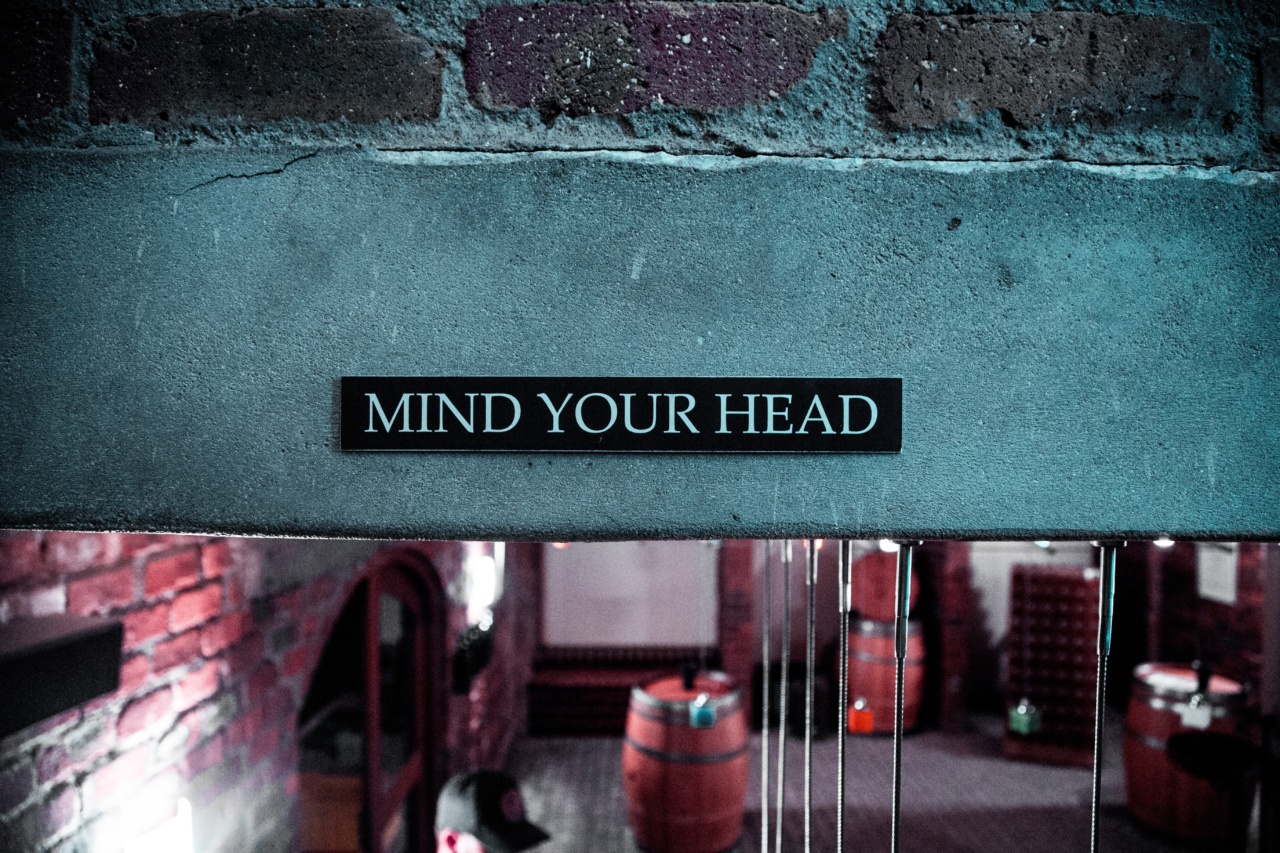Alzheimer’s disease is a progressive condition that affects a person’s ability to think, reason, and remember. It is the most common form of dementia, affecting millions of people around the world.
If you suspect that you or a loved one may be showing early signs of Alzheimer’s, it’s important to seek medical attention as soon as possible. While there is no cure for Alzheimer’s, early diagnosis and treatment can help to slow the progression of the disease and improve quality of life.
In this article, we’ll explore some of the early warning signs of Alzheimer’s to watch out for.
1. Memory Loss
Memory loss is one of the most common symptoms of Alzheimer’s, and is often one of the first signs to appear.
People with early-stage Alzheimer’s may have difficulty remembering recent events, as well as important information such as names and addresses. They may also forget appointments, lose track of dates, and have trouble remembering conversations they have had.
2. Difficulty with Planning and Decision-Making
As Alzheimer’s progresses, it can become more difficult for people to make plans and decisions. They may have trouble completing tasks that involve multiple steps or require problem-solving skills.
For example, they may struggle to follow a recipe, balance a checkbook, or plan a route to a familiar destination.
3. Trouble with Familiar Tasks
People with Alzheimer’s may have trouble performing tasks that are familiar to them, such as cooking a meal or getting dressed.
They may forget how to do things they have done many times before, or may need more assistance than usual to complete the task.
4. Changes in Mood or Personality
Alzheimer’s can cause changes in mood and personality. People with the condition may become irritable, agitated, or depressed. They may also become anxious or suspicious, or may withdraw from social situations they previously enjoyed.
5. Difficulty Communicating
As Alzheimer’s progresses, people may have more difficulty communicating with others. They may struggle to find the right words or to follow a conversation. They may also repeat themselves or have trouble understanding what others are saying.
6. Confusion with Time and Place
People with Alzheimer’s may become disoriented and confused about their location or the time of day. They may forget where they are or how they got there, or may have trouble recognizing familiar landmarks or objects.
7. Poor Judgment
As Alzheimer’s progresses, people may exhibit poor judgment or decision-making skills. They may be more vulnerable to scams or fraud, and may make risky decisions without fully understanding the consequences.
8. Changes in Vision or Perception
Alzheimer’s can cause changes in vision or perception. People with the condition may have trouble judging distances or perceiving color and contrast. They may also experience hallucinations or delusions.
9. Withdrawal from Social Activities
As Alzheimer’s progresses, people may become more withdrawn from social activities and may have trouble participating in hobbies or activities they previously enjoyed. They may also have difficulty with personal hygiene and self-care.
10. Misplacing Items or Putting them in Unusual Places
People with Alzheimer’s may misplace items or put them in unusual places. They may forget where they put things or may accuse others of stealing from them. They may also have trouble retracing their steps to find lost items.
If you or a loved one is exhibiting any of these early warning signs of Alzheimer’s, it’s important to seek medical attention as soon as possible.
A healthcare professional can perform a thorough evaluation to help determine the cause of the symptoms and develop a treatment plan. Remember, early diagnosis and treatment can help to slow the progression of Alzheimer’s and improve quality of life.



























